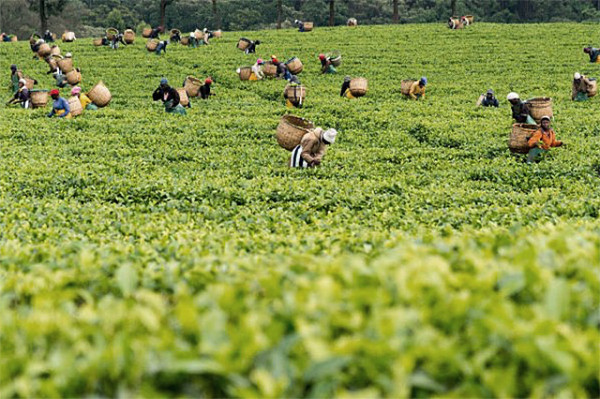Dutch-based tea group, Lipton Teas and Infusions has kickstarted trials on climate mitigation and resiliency for tea farmers in Kenya with an aim to improve the crop’s standards.
This will take place in the country’s tea-zone of Kericho in which the trials are aimed at reducing nitrogen fertilizer-related emissions, which account for around 25 per cent of the total emissions from the tea-making process.
In this, the company will employ drone imagery and mapping to enhance crop management, and implement precision farming alongside “high-throughput canopy phenotyping” to measure and monitor crop growth, yield, and adaptation for different tea plant varieties.
The trials are being conducted in collaboration with Cranfield University, with support from the UK’s Biotechnology and Biological Sciences Research Council (BBSRC) and the UK Tea & Infusions Association (UKTIA).
According to Taisa Hansen, Lipton’s chief research and innovation officer, by merging the firm’s expertise in tea cultivation with Cranfield University’s specialised research capabilities will be able to pinpoint the essential innovations needed for this industry.
“We are acting swiftly because climate change waits for no one. We extend our deepest gratitude to BBSRC and UKTIA. Together, this multi-million-euro project will bolster the entire tea industry and advance our mission to create value for all,” said Hansen.
The recorded emissions data will contribute to a new tea typology spearheaded by the UKTIA, the Tea & Herbal Association of Canada, and the Tea Association of the USA. This typology will allow tea producers to calculate their carbon footprint with greater precision, providing results that are comparable across the industry.
The trial results will also be utilized by Lipton’s Innovation & Technology Academy. Earlier this year, the Academy, in collaboration with the Kenyan Government and the University of Kabianga, began offering training and degree programs focused on tea cultivation, harvesting, and processing.








